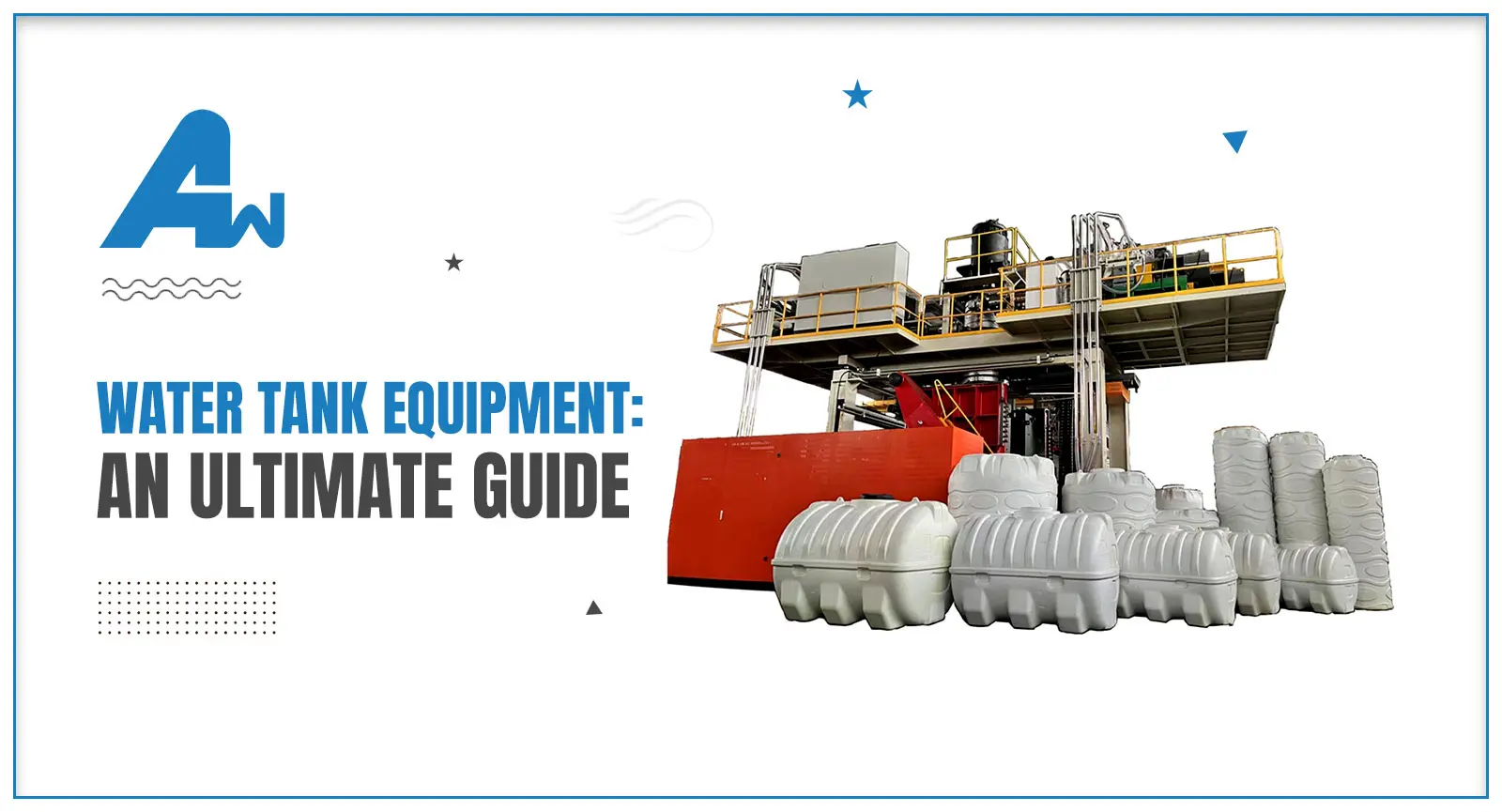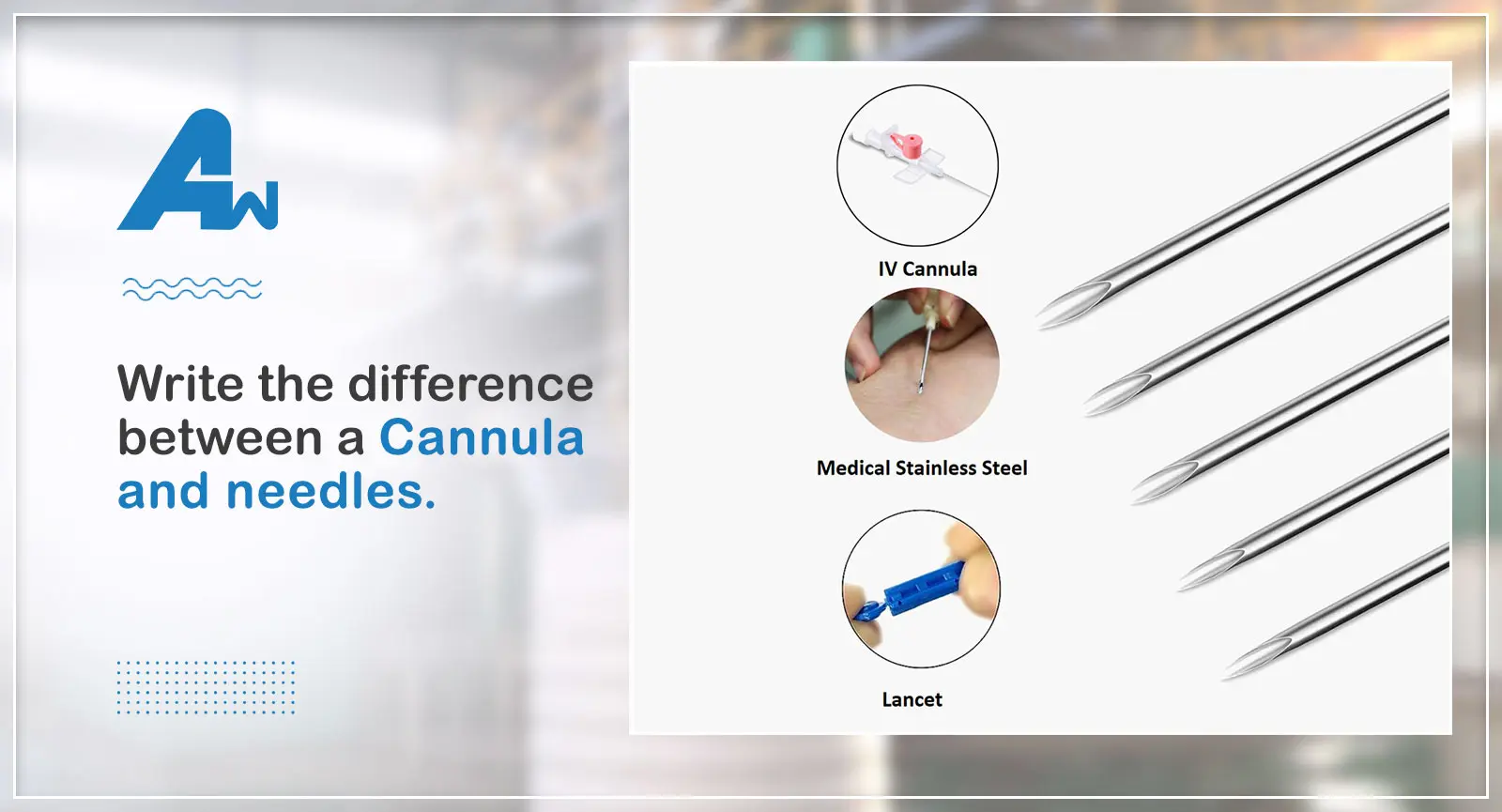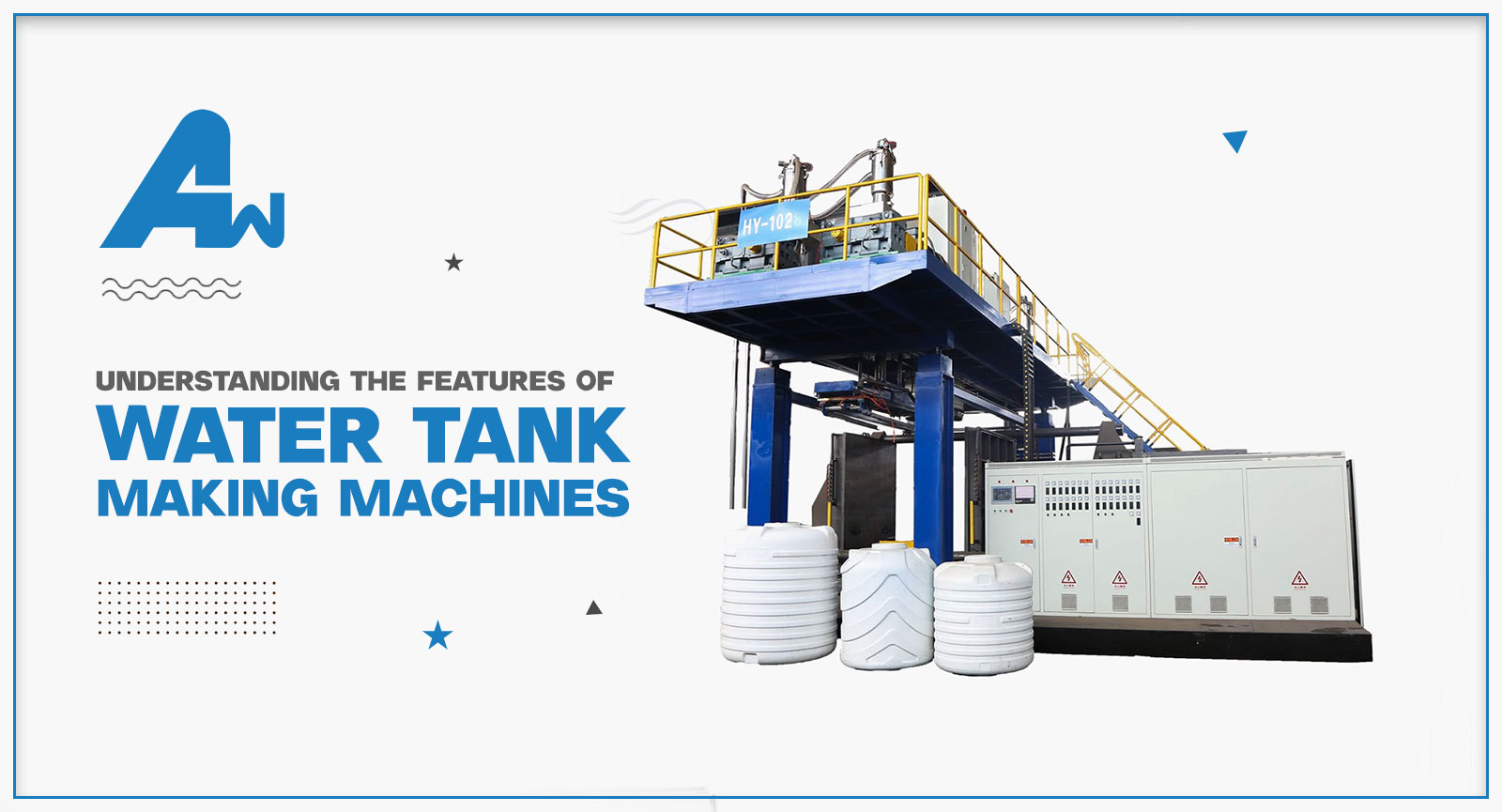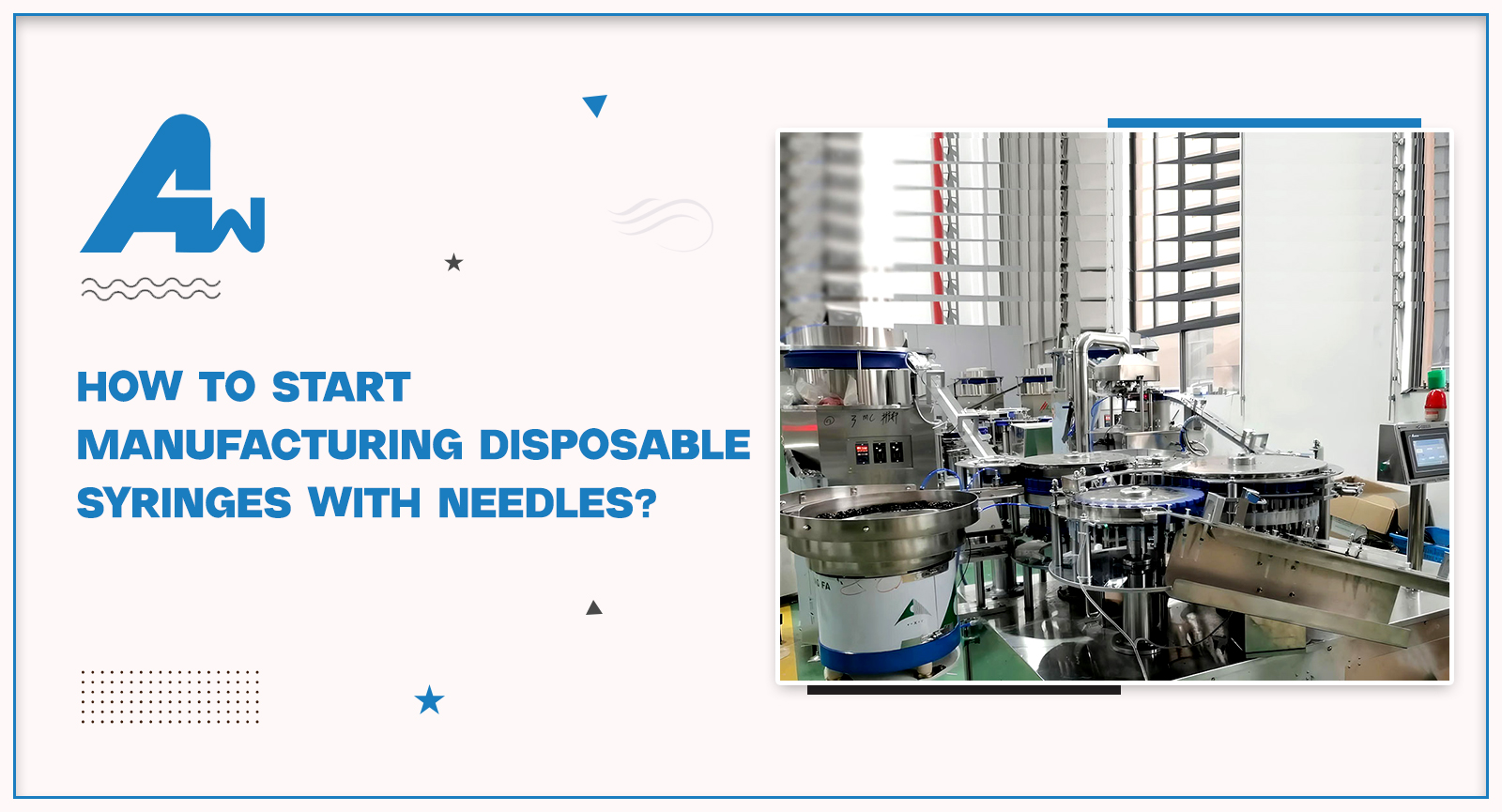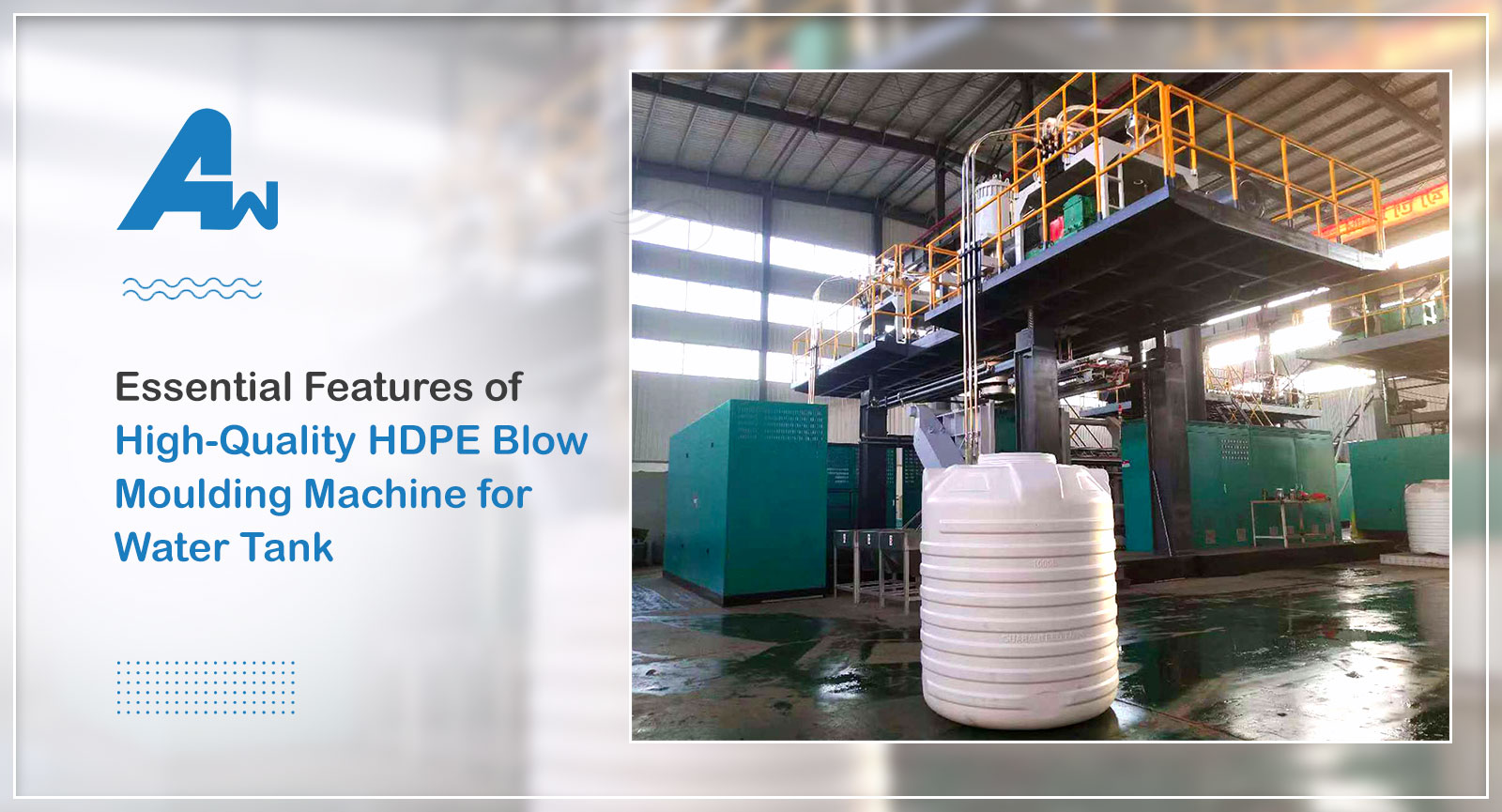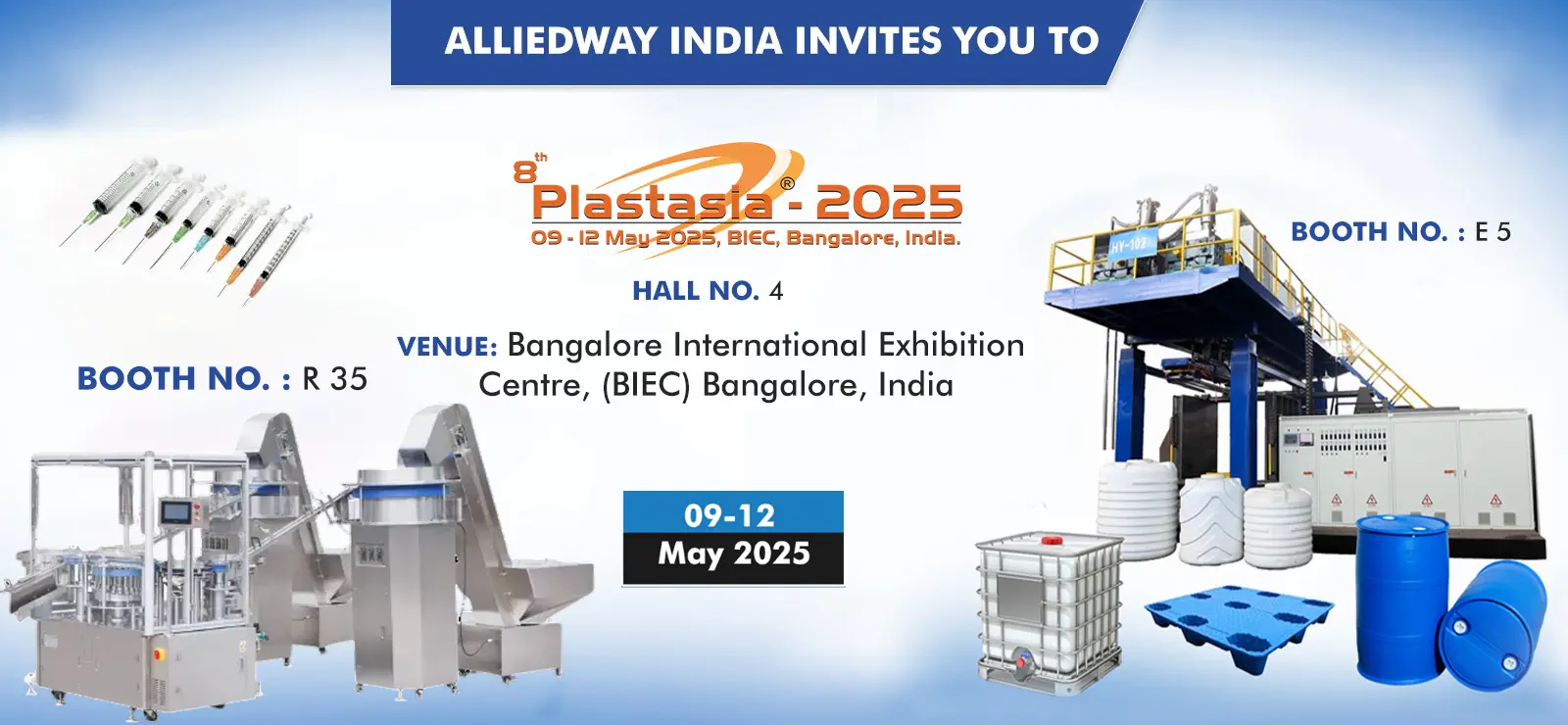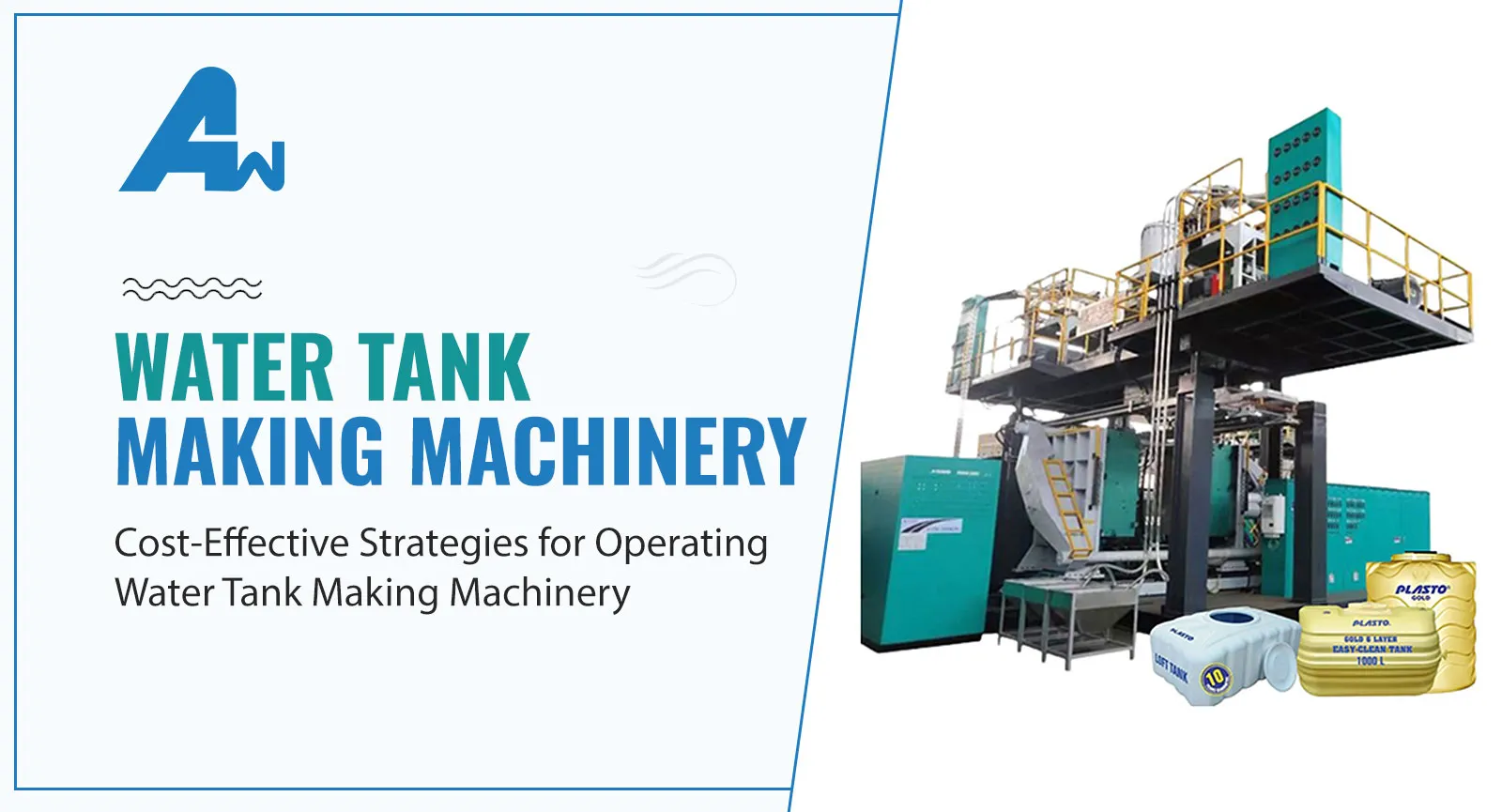
The production of Plastic Water Tank Making Machine has become a critical industry, given the increasing demand for safe and reliable water storage solutions. However, running a water tank manufacturing business involves various operational costs, including raw materials, labor, and energy expenses. To remain competitive and maximize profits, it’s essential to implement cost-effective strategies when operating water tank-making machinery.
Cost Efficient Strategies:
Efficient Machinery Selection
Selecting the right machinery offered by Plastic Water Tank Making Machine manufacturer in India is the first step toward cost-effective production. Modern machines have advanced features, such as energy-efficient motors, automation capabilities, and precise control systems. Investing in high-quality machinery may require a significant upfront cost but can result in substantial long-term savings. These machines often consume less energy, produce less waste, and require fewer maintenance interventions.
Energy Efficiency
Energy costs can constitute a significant portion of a manufacturing facility’s expenses. Consider optimizing the operating schedule of your machinery to take advantage of lower electricity rates during off-peak hours. Invest in energy-efficient lighting, HVAC systems, and equipment to reduce overall energy consumption.
Automation and Robotics
Automation plays a crucial role in reducing labor costs and increasing production efficiency. Automated water tank making machinery can perform tasks precisely and consistently, minimizing errors and waste. By automating repetitive processes, you can reallocate your workforce to more critical tasks, such as quality control and maintenance.
Preventive Maintenance
Regular maintenance of water tank making machinery is essential to ensure optimal performance and extend equipment lifespan. A preventive maintenance schedule can help identify and address potential issues before they escalate, reducing costly breakdowns and downtime. Regularly inspect and lubricate moving parts, replace worn-out components, and keep the machinery clean to prevent dust and debris buildup.
Training and Skill Development
Investing in employee training and skill development is an indirect yet highly cost-effective strategy. A well-trained workforce is more efficient, produces fewer errors, and operates machinery safely, reducing the risk of accidents and costly damage to equipment. Continuous training programs empower employees to adapt to new technologies and best practices, improving production efficiency.
Raw Material Efficiency
Optimizing the use of raw materials is another essential aspect of cost-effective production. Ensure that your water tank making machinery is configured to minimize material wastage during manufacturing. Consider implementing recycling programs to repurpose excess materials, reducing disposal costs and contributing to a more sustainable operation.
Streamlined Supply Chain
Implement just-in-time inventory systems to reduce storage costs and minimize excess stock. Streamlining your supply chain can help avoid unnecessary expenses associated with excess inventory and storage space.
Waste Reduction and Recycling
Water tank manufacturing can generate waste materials, such as off-cuts and rejected parts. Implement waste reduction strategies and recycling programs to minimize disposal costs and environmental impact. Some materials can be recycled or repurposed within your manufacturing process, reducing the need for additional raw materials.
Quality Assurance
Maintaining high-quality production is crucial for minimizing product defects and customer complaints costs. Implement stringent quality control measures and conduct regular inspections throughout the manufacturing process. Identifying and rectifying quality issues early can prevent costly rework or product recalls.
Market Research and Pricing Strategy
Market research is essential for understanding customer preferences and competitive pricing. Determine the optimal price point for your water tanks based on production costs, market demand, and competitor pricing. By pricing your products strategically, you can maximize profits while remaining competitive in the market.
Conclusion
Operating water tank making machinery efficiently and cost-effectively is essential for the success of your manufacturing business. Investing in energy-efficient machinery, implementing automation, optimizing your supply chain, and focusing on waste reduction can reduce operational expenses and increase profitability.
Moreover, a well-trained workforce, strict quality control, and a proactive preventive maintenance program can ensure that your production process runs smoothly and produces high-quality water tanks. With the right strategies, your water tank manufacturing business can thrive in a competitive market while maintaining profitability. When it comes to choosing the best Plastic Water Tank Making Machine supplier in India, then Allied Way India is the best option available.
Related Posts
Water Tank Equipment: An Ultimate Guide
Water tanks are an equipment used in every household as well as many industries for…
Write the difference between a Cannula and needles.
When it comes to the medical industry, both needles and stainless steel cannula play a…
Understanding the Features of Water Tank Making Machines
A water tank is an efficient means of storing water. Having the right water tank…
How to Start Manufacturing Disposable Syringes with Needles?
The healthcare industry is booming and starting the business for disposable syringes with needles can…


